
Liver supplements are growing in popularity as a way to protect the liver from disorders and lessen the negative effects of alcohol consumption. Given the costs and side effects of prescription medications, these supplements are seen as a natural, safer alternative.
On this page, we will discuss the background, research, and overall effectiveness of popular liver supplement ingredients to figure out whether they’re worth taking. For more information on the science behind liver health and supplementation, check out our liver supplements guide.
Alpha Lipoic Acid
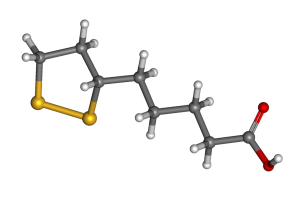
ALA supplements are used for a wide range of disorders linked to oxidative stress and energy production, such as diabetes, obesity, and chronic fatigue syndrome. Its antioxidant properties are also used to protect the liver from common disorders such as nonalcoholic fatty liver disease (NAFLD).
Animal studies of ALA for protecting against NAFLD and other types of liver damage have been positive. Unfortunately, human studies have failed to reproduce the same promising results and remain inconclusive.
Read more: ALA for liver health
Artichoke
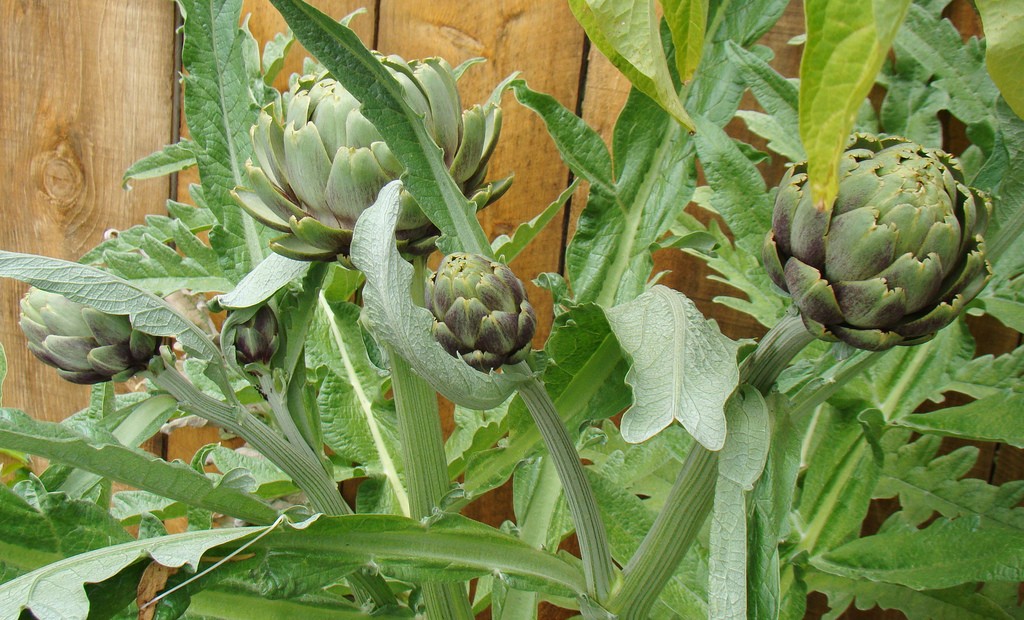
Artichoke is an edible plant whose young flowers are eaten as a vegetable. Artichokes have been grown and used as food and medicine for thousands of years, particularly for digestive issues.
Research suggests that artichoke extracts have antioxidant properties that can help protect the liver from damage caused by oxidative stress. So far, few studies have been done on artichoke’s liver benefits, but the findings do suggest that it may have liver-protective properties.
Read more: Artichoke for liver health
Burdock
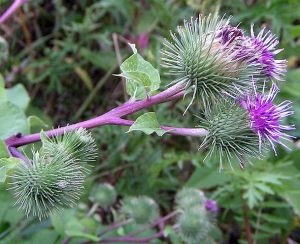
As a liver supplement, burdock has demonstrated antioxidant effects that can help protect the liver from oxidative stress.
Although studies of burdock are currently limited to animal research, the findings suggest that it may protect the liver against different types of damage, including drug toxicity and fibrosis.
Read more: Burdock for liver health
Dandelion
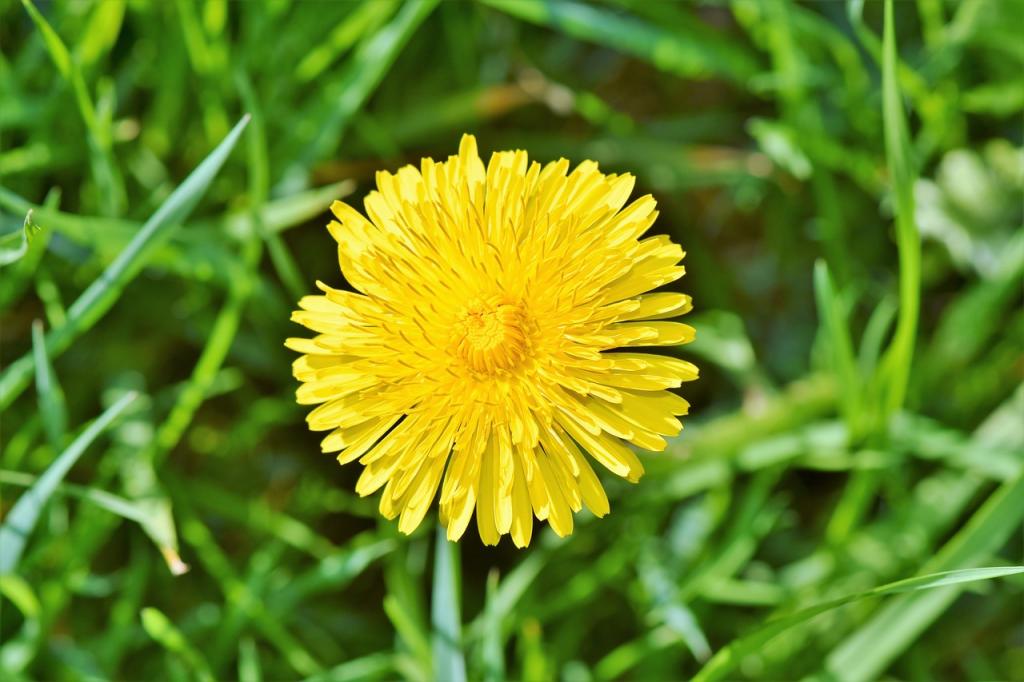
Widely recognized for its yellow flowers and white “blowballs,” dandelion is one of the most common flowering plants worldwide. Dandelions can be used as food, tea, and medicine. As a folk remedy, dandelion preparations have been used for stomach, kidney, and liver problems.
Medical research suggests that dandelion can protect the liver from disorders through its antioxidant and anti-inflammatory effects.
Despite dandelion’s popularity as a liver supplement, there are currently no human studies on its benefits. However, animal studies report that dandelion can protect the liver from a wide variety of threats, including alcoholic and nonalcoholic damage, fibrosis, and steatohepatitis.
Read more: Dandelion for liver health
Milk Thistle
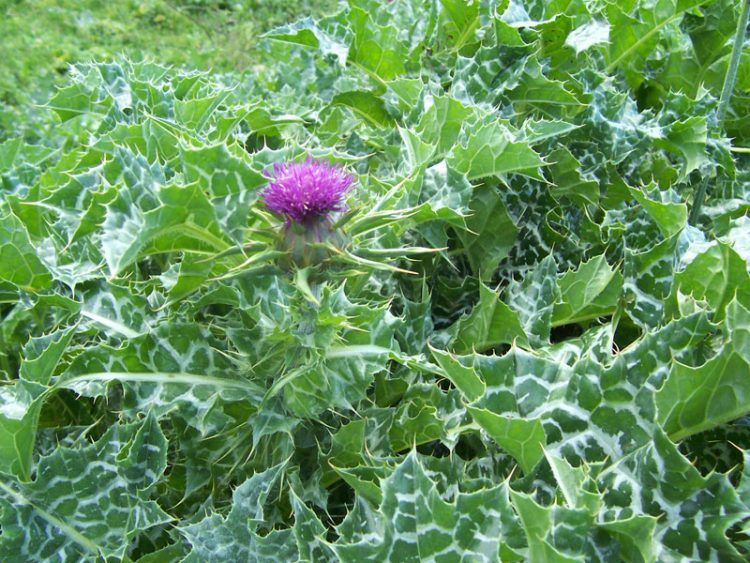
Milk thistle is a medicinal herb native to the Mediterranean region. Milk thistle has been used for millennia for many different health issues, including liver conditions.
The main active ingredient responsible for milk thistle’s liver effects is called silymarin. This compound has shown an impressive range of liver-relevant effects, including:
- Promotion of liver cell regeneration
- Stabilizing of liver cell membranes, which prevents toxins from entering them
- Antioxidant and anti-inflammatory activity
- Protection against fibrosis
Yet despite these effects and its immense popularity as a supplement, milk thistle has generated mixed clinical findings. While some studies do report that it can improve symptoms of hepatitis C, NAFLD, cirrhosis, and alcoholic liver disease, other studies show no benefit.
Read more: Milk thistle for liver health
N-Acetylcysteine

These conditions include liver issues, since GSH plays a key role in the liver’s ability to process toxic substances.
NAC is particularly popular as away to protect the liver and prevent hangovers from a night of heavy drinking. In addition, some people take it for hepatitis, fatty liver, and other common liver conditions.
The research evidence behind NAC is promising: animal studies report protection against both alcoholic and nonalcoholic damage, while human trials demonstrate improved liver function in nonalcoholic fatty liver disease (NAFLD).
Read more: NAC for liver health
TMG

Trimethylglycine (TMG) is a compound present in the body and a variety of foods. Better known as betaine, TMG plays a critical role in methylation – the process which moves methyl groups required for key biological functions.
TMG is used in clinical practice to reduce elevated levels of amino acid homocysteine. In addition, it is also used as a digestive, pre-workout, nootropic, and liver supplement.
TMG’s role in methylation is theorized to support the liver in two ways:
- Reducing homocysteine and S-Adenosyl-L-homocysteine (SAH), two compounds that are elevated in liver disorders
- Helping make S-Adenosyl methionine (SAMe), a compound which is needed in turn to produce glutathione, the key liver-protective antioxidant
Animal studies of TMG report protection against both alcoholic and nonalcoholic fatty liver, as well as various types of toxins. Human studies corroborate these findings, although their results are not as strong.
Read more: TMG for liver health
Turmeric
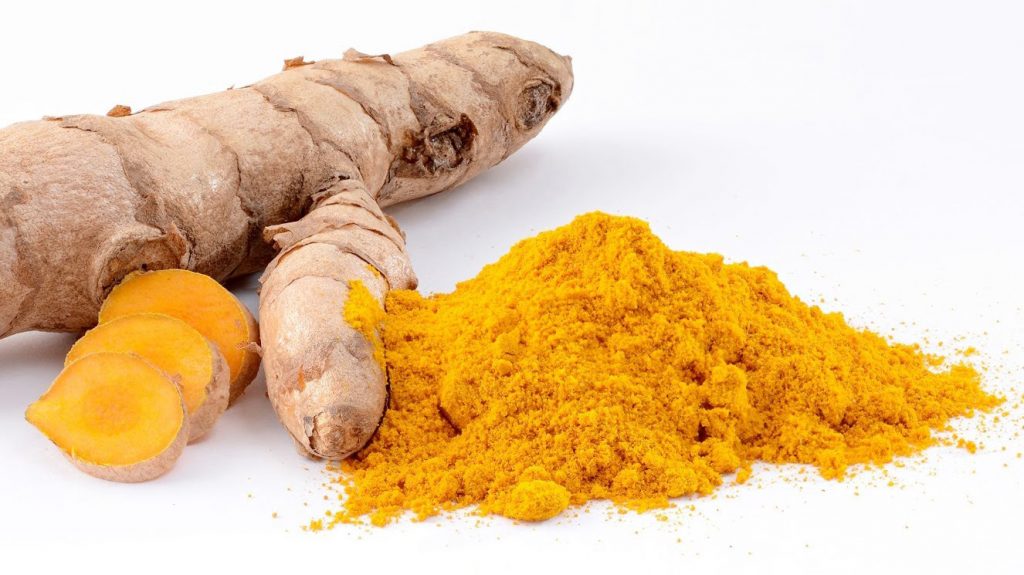
Among the most widely used medicinal and culinary herbs in the world, turmeric is recognized for its bright orange root. Turmeric has been the centerpiece of India’s traditional Ayurvedic medicine for thousands of years, utilized for everything from arthritis to cardiovascular health.
Turmeric and its main active ingredient curcumin have been extensively studied by medical researchers, suggesting benefits for a wide range of conditions.
In terms of liver health, turmeric may be beneficial by providing protection against oxidative stress and inflammation – the two processes central to most liver conditions. In addition, it has been shown to inhibit TGF-β1, a molecule involved in liver scarring (fibrosis).
So far, animal and cell culture studies of turmeric suggest that it can help with hepatitis, alcoholic & nonalcoholic fatty liver, drug-induced toxicity, and other liver conditions. However, more human trials are needed to confirm these benefits.
Read more: Turmeric for liver health